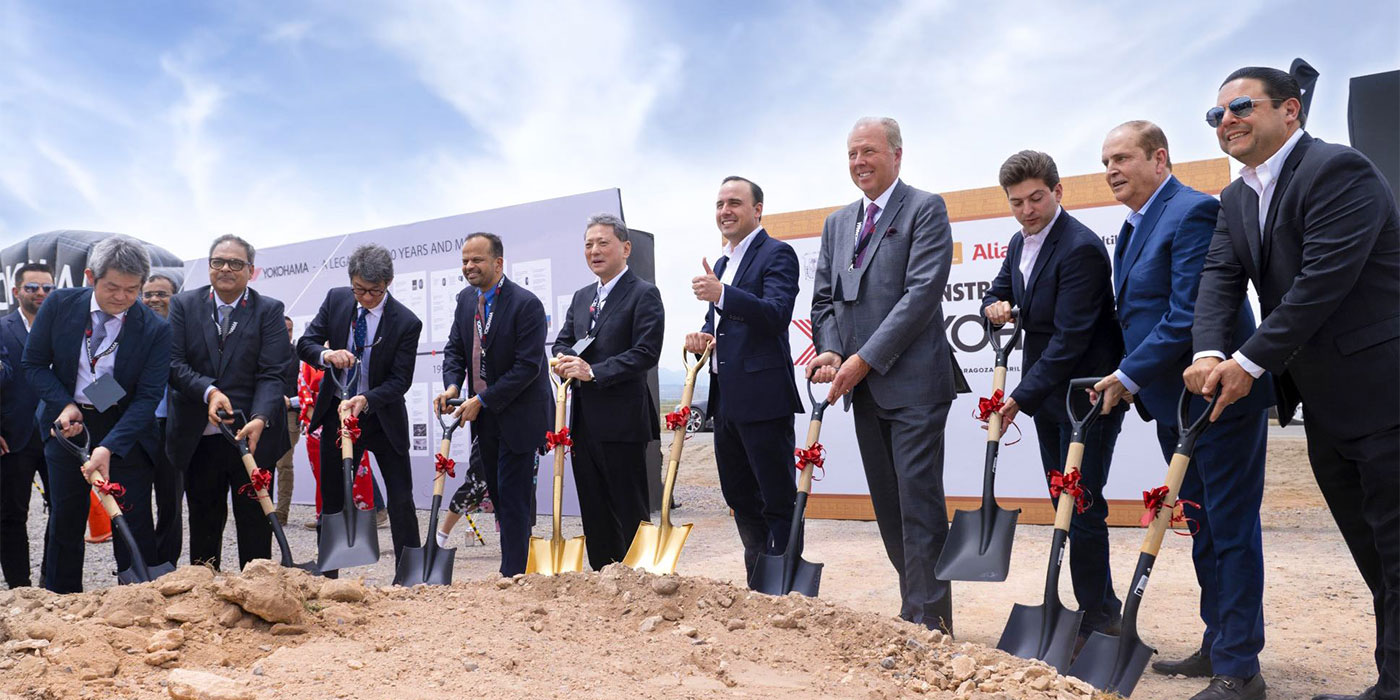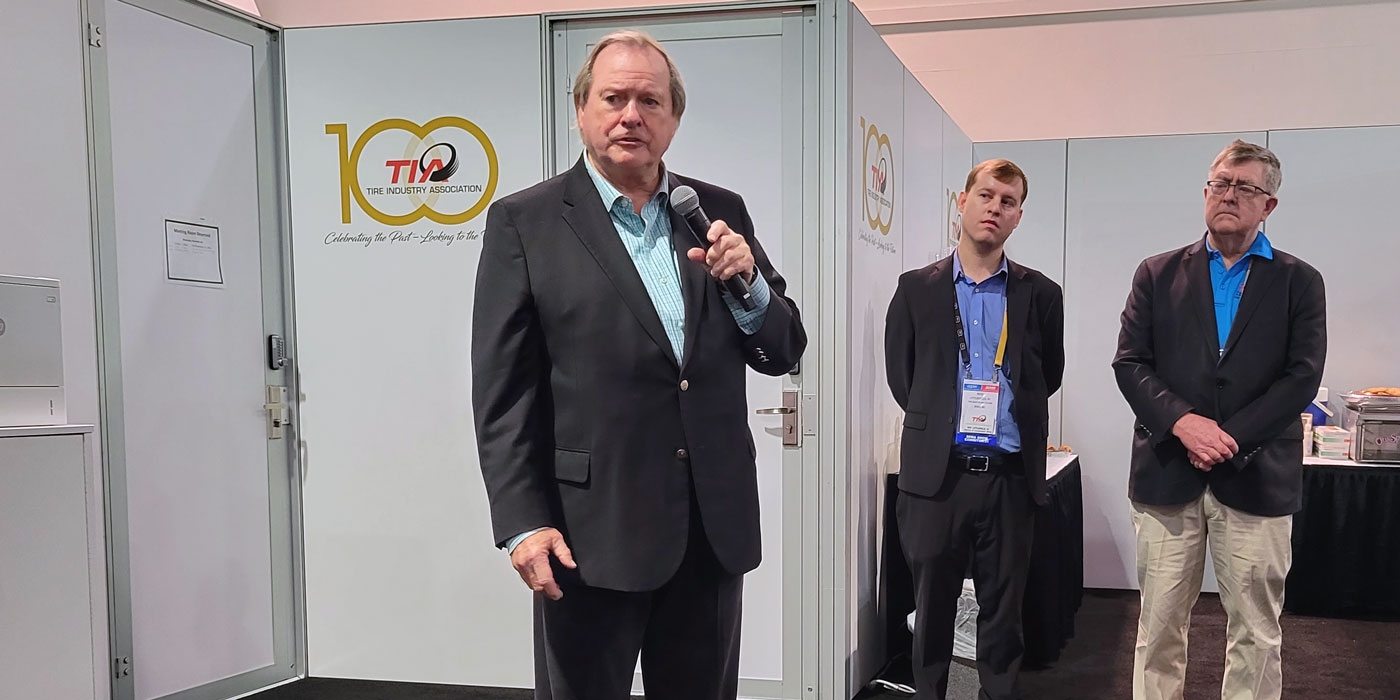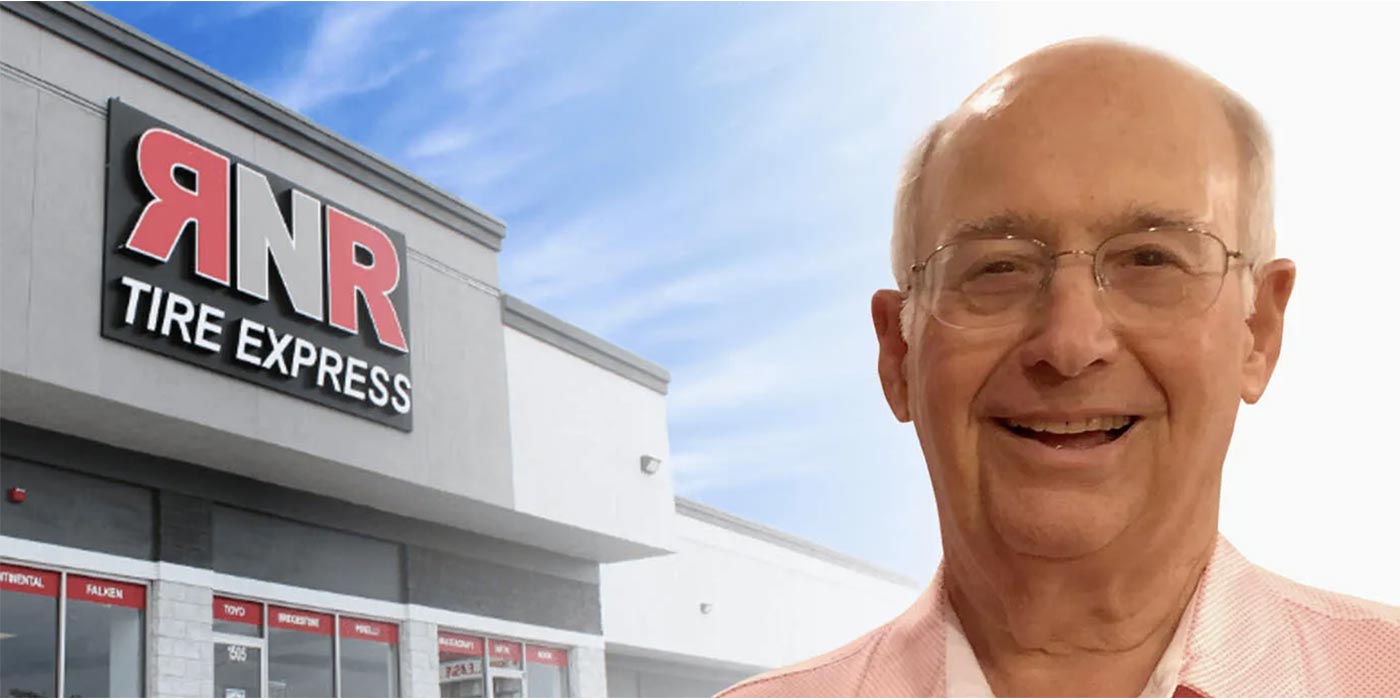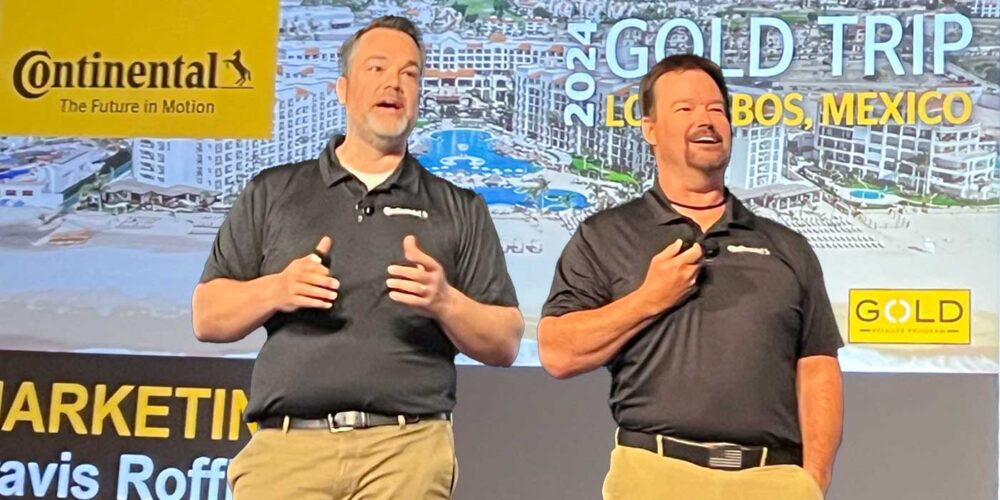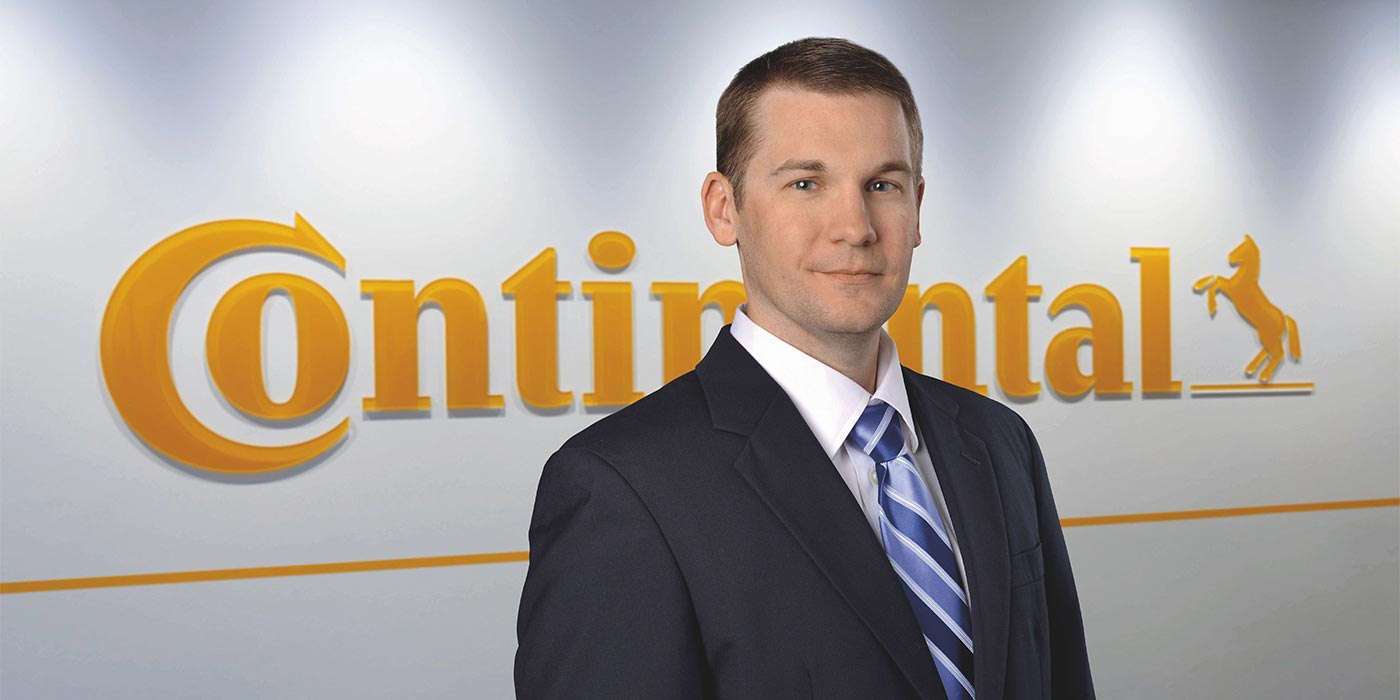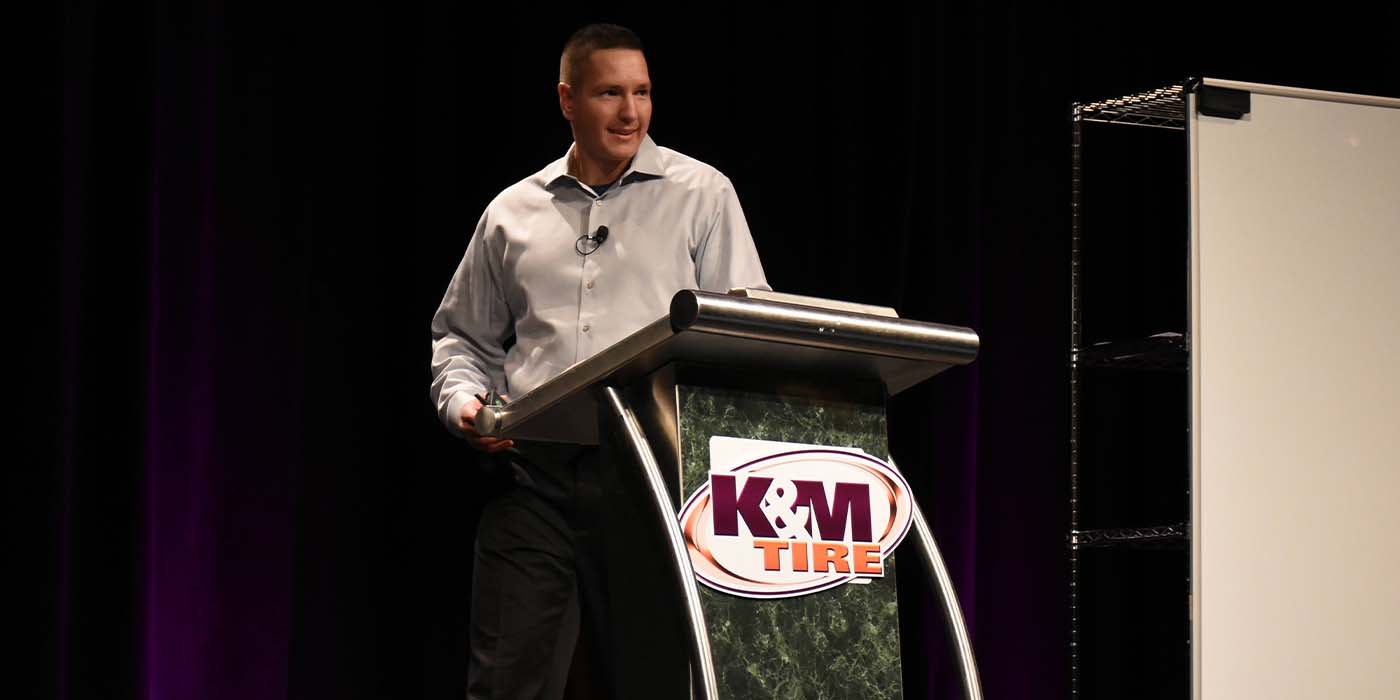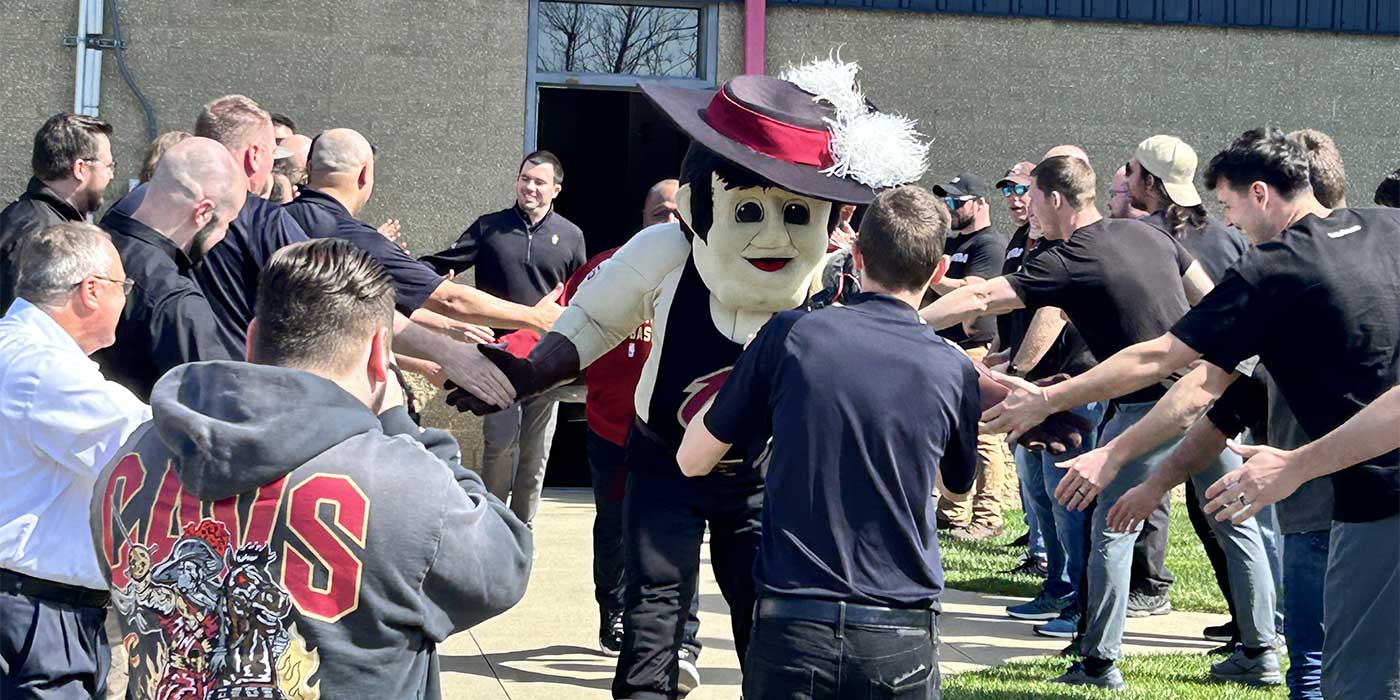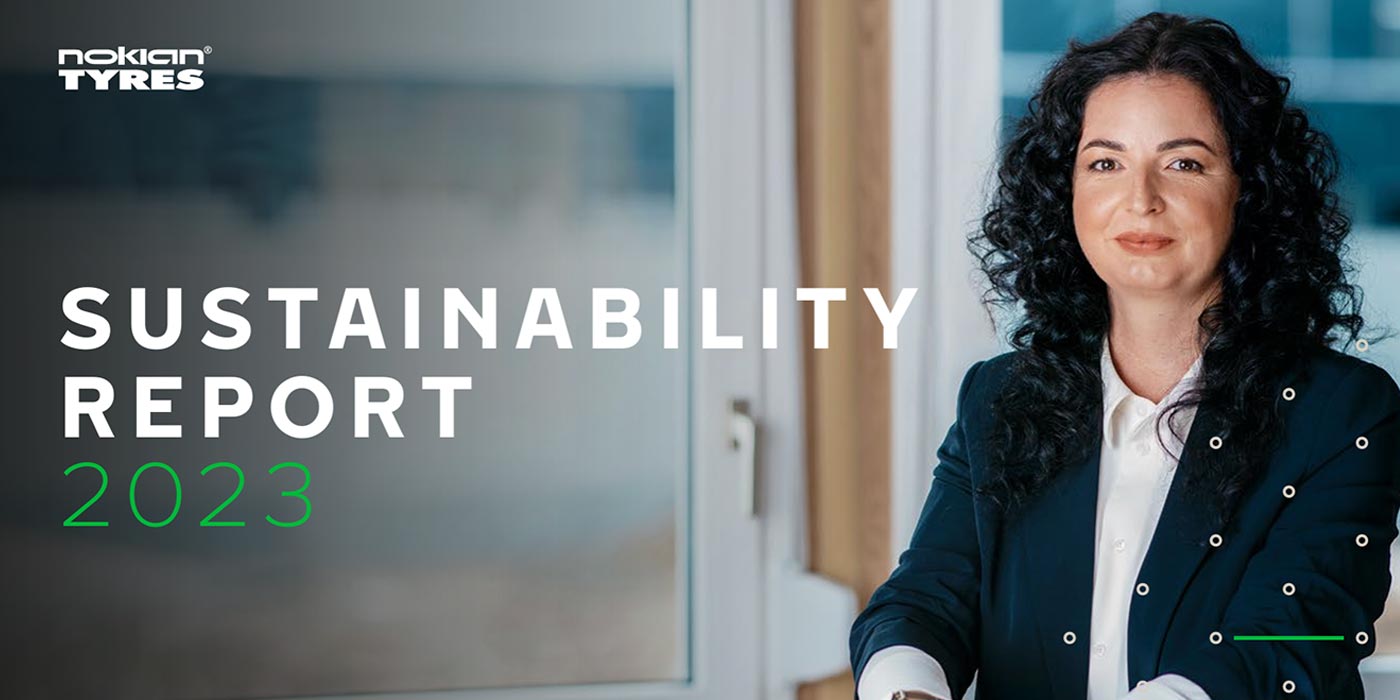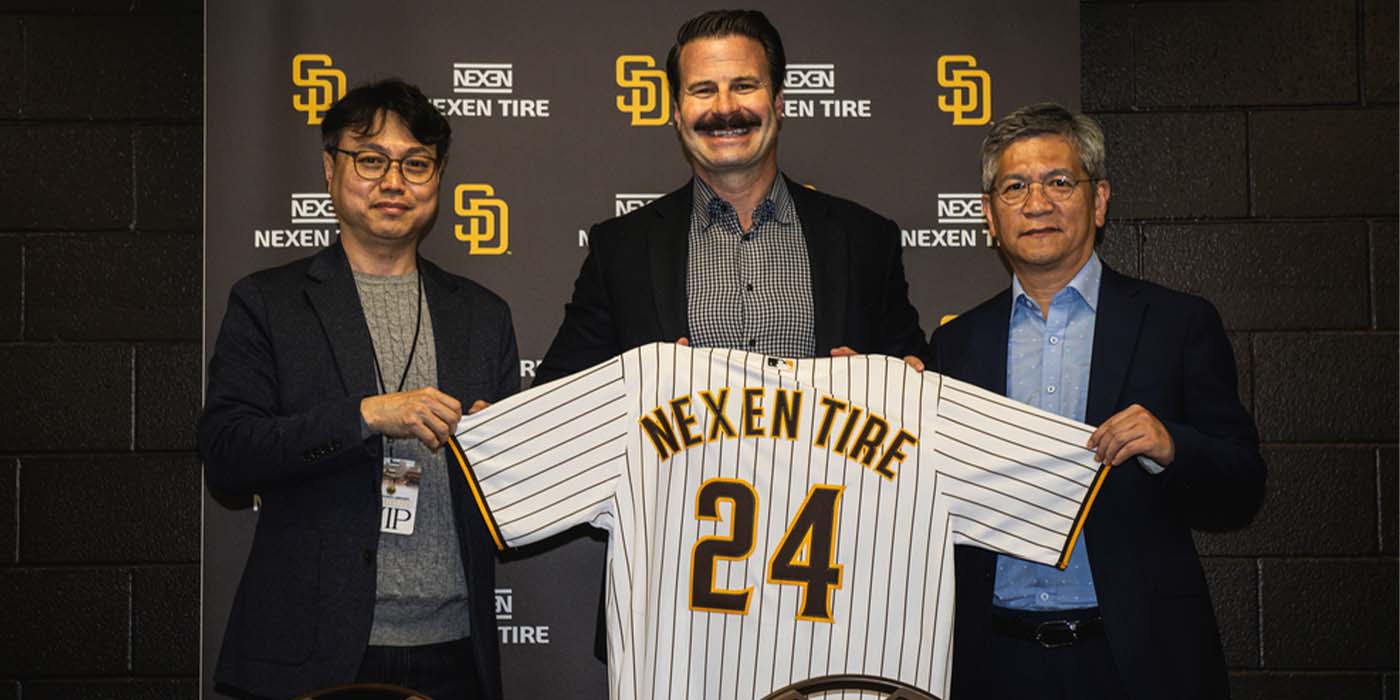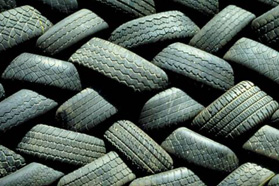 Budget woes in Colorado have had a huge impact on waste tire recycling in the state, reports the Denver Post.
Budget woes in Colorado have had a huge impact on waste tire recycling in the state, reports the Denver Post.
Gov. Bill Ritter took the only tire cleanup fund in Colorado in August to help clean up the state’s ravaged budget, one of many minor accounts absorbed into the general fund.
Before then, the state fund paid partial reimbursements to Rick Welle’s Front Range Tire Recycle in Sedalia, Geocycle and other companies to turn old tires into all sort of other uses — building retaining walls and fueling a cement kiln, to name two.
Without the cash infusion to defray costs, Welle can’t market the scrap for a competitive price, and his inventory of whole tires will resume climbing.
Welle recently watched an employee squeeze 1,800 pounds of whole tires into a crusher that churns out bales for fencing and road work.
"That tire bale," Welle said, "is not worth what I just paid him to make it."
Problem is, Colorado already has more thrown- away tires accumulated than any other state, according to waste experts.
A 2005 survey by the Rubber Manufacturers Association found that Colorado had a record 40 million stockpiled tires. The next largest stockpile was 37 million tires in New York.
Lawmakers are now considering placing tight controls on dumping out-of-state tires here and requiring permits for all tire haulers, as ways to fight Colorado’s growing infamy as a rubber disaster area.
State hazardous-waste officials are hopeful for the moment that new owners of Colorado’s two largest tire landfills may finally begin cleaning up their sites. But repeated bankruptcies of monofill owners have other lawmakers pressing to enforce a 10-year closure deadline for the landfills.
"We’re 50 out of 50 states, the bottom of the barrel, in recycling waste tires," said state Rep. Marsha Looper, R-Calhan, whose district includes the enormous Midway monofill as well as unauthorized piles throughout eastern El Paso County.
Cleaning up the tire mess took on new urgency when Ritter said he wanted to use the $4 million-a-year tire waste fund, paid for with a $1.50 fee from tire buyers, as part of a $320 million budget-balancing act.
The $1.50 new-tire fees charged to consumers were originally designed to help dispose of the old tires. The money was split among the state Department of Local Affairs for tire recycling and illegal dump cleanup, the health department for other recycling programs, and a higher-education program with no direct connection to tires.
"It really has made a difference in the state of Colorado, even if you look at the numbers in the landfills and think that it hasn’t," said Marjorie Griek of the Colorado Association for Recycling. "There are a lot less tires sitting by the side of the road."
Geocycle used subsidies from the disposal fund to help collect up to two-thirds of Colorado’s 4 million to 5 million annual tire throwaway. It shreds the tires near Colorado Springs, then burns them to fuel a cement kiln owned by its parent company, Holcim, near Fountain.
Without the subsidy, Geocycle must make periodic calculations of its tire costs vs. coal, the more traditional fuel for its kiln.
"The company has to run as a business," said Geocycle’s Rebecca Nalder. "We have a home for those tires — if we’re not the home, then where do they go?"
The Hudson and Midway monofills are a separate challenge, having accumulated tens of millions of scrapped tires under dubious management and evolving environmental regulations. A 2009 state law ordered the Colorado Department of Public Health and Environment to empty out the monofills.
Neither Geocycle nor Welle wants the monofilled tires because they aren’t as economical to recycle as newly disposed tires.
A Mexican cement conglomerate, though, recently bought the Midway monofill and vows to mine the tire dump for fuel for a new Pueblo cement kiln. Grupo Cementos and its Denver-based subsidiary, GCC of America, say they don’t need the state scrap tire subsidy for their plan.
The Hudson monofill, meanwhile, was bought out of bankruptcy by Magnum D’Or, which is moving shredders to the site.
It has said it plans to gradually chip the buried stock for re-use in rubber recycling for highway construction and other projects. Recycling experts are skeptical Magnum D’Or can make money shipping scrap out of state.
Neither Magnum D’Or nor GCC officials returned phone calls for comment.
Both monofills are again taking newly disposed tires, state regulators say, which means the piles grow while the new owners work out their plans.
"The two new owners do seem to be very credible, but they may walk away as well," said state Rep. Looper.
State officials have grilled both owners about their plans and are "optimistic" they will start reducing piles. The state mandates annual inventories, said Charles Johnson, head of the health department’s solid waste and materials management unit.
The state will know "whether they are in fact using up those tires," Johnson said.
Without the state fund, Welle said he is sure he won’t be using up his.
"In the last few years, we’ve chipped away at our stockpiles," he said. "Now we’re building up again. In Colorado, we’re already 10 to 20 years behind the curve in tire recycling. It’s setting us even further back."

